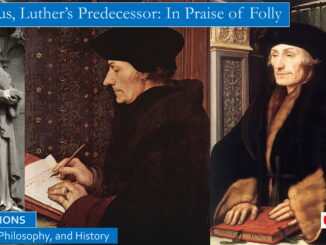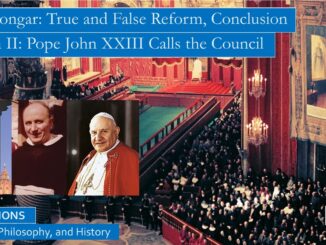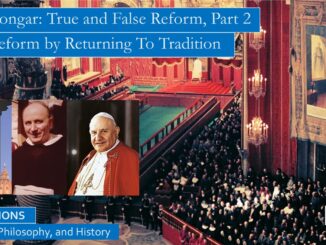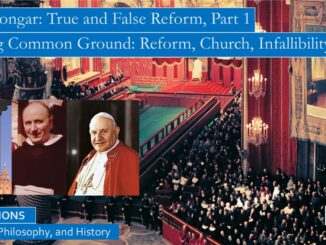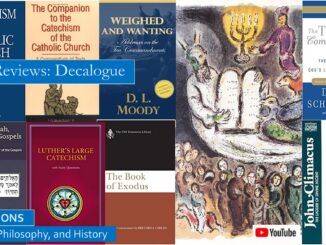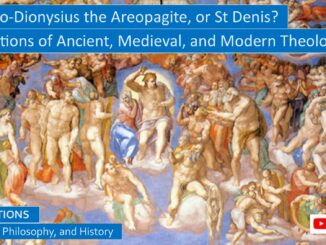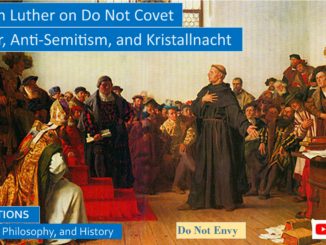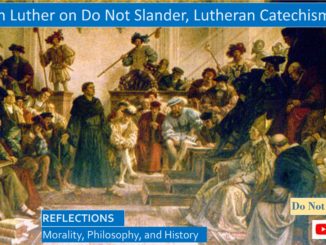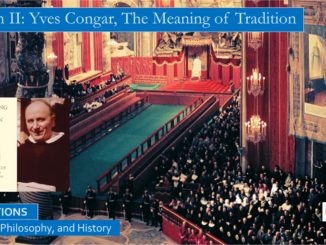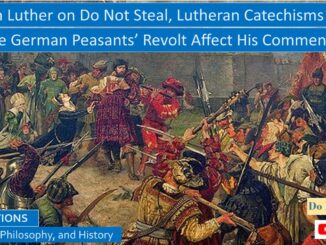
Martin Luther, Do Not Steal, Lutheran Catechisms, and German Peasants’ Revolt
Luther concludes by restating the positive and negative forms of the commandment, noting that tolerating theft by others by doing nothing also is a moral violation. “On one hand, we are forbidden to do our neighbor any injury or wrong in any way imaginable, whether by damaging, withholding, or interfering with his possession and property. We are not even to consent to or permit such a thing but are rather to avert and prevent it. On the other hand, we are commanded to promote and further our neighbor’s interests, and when he suffers want, we are to help, share, and lend to both friends and foes.” […]

